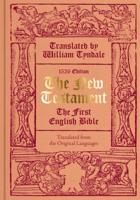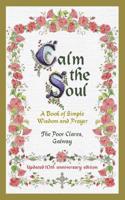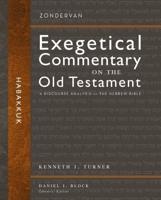Publisher's Synopsis
We must speak the word ancestor. We must call their names. We must see them at work.
The hand of ancestors in our affairs is undeniable. They exist all around us, motivating individuals and cultures. And yet, the United States is a nation that does not often use the word ancestor. But ancestors are as active here as they are in cultures that center ancestral presence--maybe more so. By failing to name the ancestors who bless us--as well as the ones that dehumanize us--we harm ourselves, our communities, our country.
As the pastor of one of the oldest Black churches in Washington, DC, William H. Lamar IV has a deep connection to his own ancestors and the ancestral legacy of his church in a city built of ancestral political voices and their ideologies. Drawing on this experience, he offers readers a new perspective on the role that our ancestors play in shaping our lives and communities, for without acknowledging their importance, we cannot move forward morally, ethically, spiritually, or politically.
Lamar examines family ancestors, political leaders, and voices of Scripture, and draws from African and African American historical ancestors to show how they shape our identities and moral compasses. By choosing our ancestors, we choose the stories we tell about ourselves and choose the kind of humans we want to be. This is more than a feel-good notion; Lamar writes, "This is a matter of life. This is a matter of death."
Challenging the dominant, white-led theology that cloaks its own ancestor veneration, while seeking to keep others from the liberation that could come from their own, Lamar deconstructs the religious myths that restrict wise voices of life-giving influence. For when we integrate the voices we call on for ethics, strength, moral courage, justice, and community, we transform our personal and national narratives.









